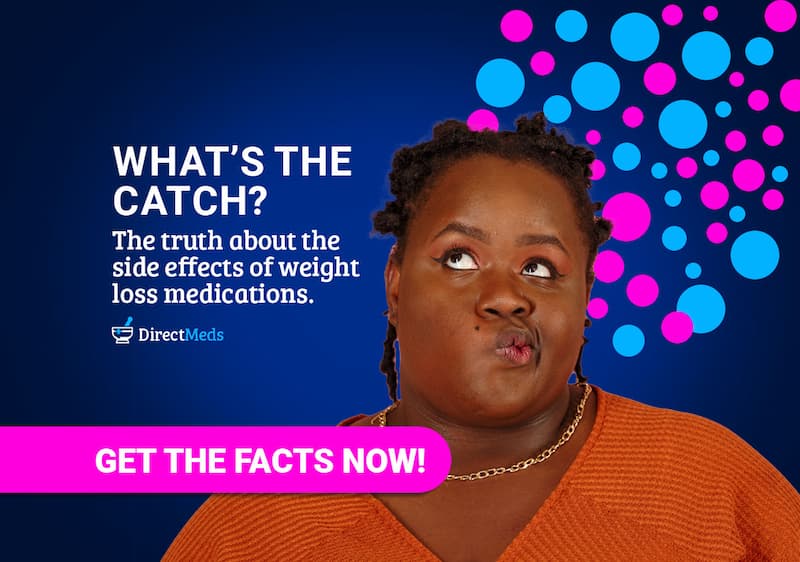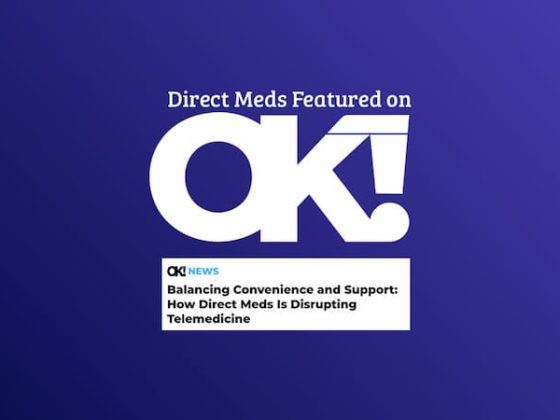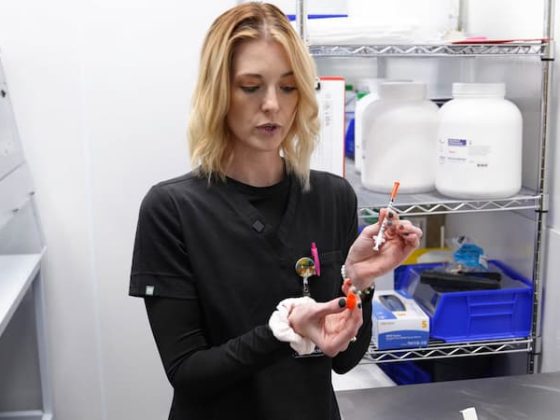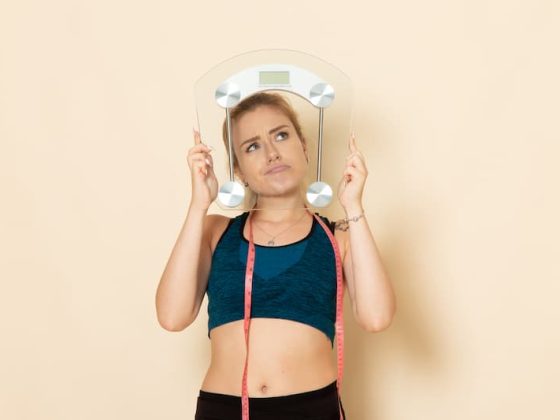You’ve probably seen all the amazing before-and-after photos, heard about the incredible success stories and maybe you’re thinking about starting these meds yourself. But here’s the thing – I believe information is power, and that means talking about the less glamorous side of these medications too!
I’m six months into my journey with semaglutide, and while I absolutely love my results (down 45 pounds and counting!), there have definitely been some bumps along the way. So let’s dive into what you really need to know about these side effects – no sugar coating, just honest experiences and practical advice.
Table of Contents
ToggleUnderstanding Weight Loss Medications
Weight loss medications, also known as anti-obesity drugs, work by targeting biological factors in the body to reduce appetite, increase metabolism, or alter the way fat is absorbed. Commonly prescribed drugs include GLP-1 agonists, phentermine-topiramate, and bupropion-naltrexone. Though effective, they are intended for short-term use alongside lifestyle changes, not as long-term fixes.
The Common Side Effects
The GI Adjustment Period
Oh boy, where to even start with this one. The gastrointestinal side effects are probably the most common- and the most talked about. The first few weeks on these meds, my stomach felt a permanent roller coaster. I’d wake up feeling queasy and general stomach discomfort, and the sensations would change throughout the day. And let’s get real for a minute – nobody likes talking about bathroom issues, but this is too important to skip. These meds can shake up your entire digestive system. While some people deal with constipation, others might experience the opposite problem. My experience? I got to deal with both at different times – lucky me!
Common GI Issues You Might Experience:
- Nausea (especially in the first few weeks)
- Constipation or diarrhea
- Stomach cramping
- Changes in appetite
- Bloating
What Helps:
- Taking the injection right before bed helps sleep through the worst of the nausea
- Drinking ginger tea throughout the day
- Using a good fiber supplement
- Drinking way more water than you think you need (seriously, get a cute water bottle – it helps!)
The Fatigue Phase
For the first month, I felt like I was walking through molasses. Everything seemed to take extra effort, and by 3 PM, I was ready for a nap. This is actually super common when starting these medications, especially as your body adjusts to eating less.
What Helps:
- Taking a doctor-approved multivitamin
- Ensuring adequate protein intake
- Planning rest periods throughout the day
- Getting consistent, quality sleep
- Starting any exercise routine gradually
- Eating smaller, more frequent meals
Nutrient Absorption Challenges
Here’s something that caught me off guard – these medications can actually affect how your body processes and absorbs important nutrients. My doctor explained that some weight loss meds can particularly impact fat-soluble vitamins (A, D, E, and K). I first noticed something was up when I started feeling more tired than usual, and my regular bloodwork showed I was low in vitamin D. It was a wake-up call that I needed to be more proactive about my nutrition while on these meds.
What Helps:
- Working with your healthcare provider to monitor vitamin levels through regular blood tests
- Taking supplements as recommended by your doctor (timing them properly with your medication)
- Focusing on nutrient-dense foods that are easier for your body to absorb
- Eating a rainbow of fruits and vegetables daily
- Including healthy fats in your diet to help absorb those fat-soluble vitamins
- Planning meals to maximize nutrient absorption
- Being mindful of medication timing relative to meals and supplements
- Regular check-ins with a registered dietitian if possible
The Blood Sugar Dips
Even though I don’t have diabetes, these medications can affect your blood sugar levels. I learned this the hard way during a long shopping trip when I suddenly felt shaky and dizzy.
What Helps:
- Always carrying emergency snacks
- Eating regular, balanced meals
- Monitoring blood sugar if recommended by your doctor
- Learning to recognize early signs of low blood sugar
The Food Aversion Adventure
Here’s something weird that nobody warned me about – some foods I used to love suddenly taste different or completely unappetizing. During week two, I made the rookie mistake of trying to cook curry (my favorite!) – big mistake. HUGE.
What Helps:
- Being flexible with food choices
- Trying new, healthy alternatives
- Focusing on nutrient-dense foods you can tolerate
- Keeping a food diary to track changes in taste preferences
- Being patient as your tastes may return to normal
The Injection Site Issues
While not super common, some people (myself included) can develop little bumps or bruises at injection sites. They’re usually harmless but can be annoying.
What Helps:
- Rotating injection sites regularly
- Keeping track of injection sites
- Applying ice before injection if sensitive
- Avoiding tight clothing around injection sites
Potential Serious Risks to Consider
While rare, there are severe side effects that you should look out for and require immediate attention:
- Gallbladder Problems: Rapid weight loss can increase the risk of gallstones or gallbladder inflammation.
- Pancreatitis: Certain drugs, particularly GLP-1 agonists, have been associated with an increased risk of pancreatitis.
- Kidney Issues: Rapid dehydration, often due to vomiting or diarrhea, can strain the kidneys.
The Bottom Line
When deciding on weight loss medications, it’s essential to have realistic expectations. Are these side effects fun? Nope. Are they worth it? For me, absolutely. But here’s the thing – everyone’s experience is different. Some people have minimal side effects, others might struggle more. The key is being prepared and knowing what to expect.
Remember:
- Most side effects are worst in the first few weeks and improve with time
- Working closely with your healthcare provider is crucial
- Having support (hey, that’s what our community is for!) makes a huge difference
- Being prepared with remedies and solutions helps tremendously
And if you’re just starting out – don’t let this post scare you! Think of it as your preparation guide. Knowledge is power, and being prepared makes everything so much easier. Despite these side effects, I’m still incredibly grateful for these medications. Sometimes the best things in life come with a few challenges along the way.








